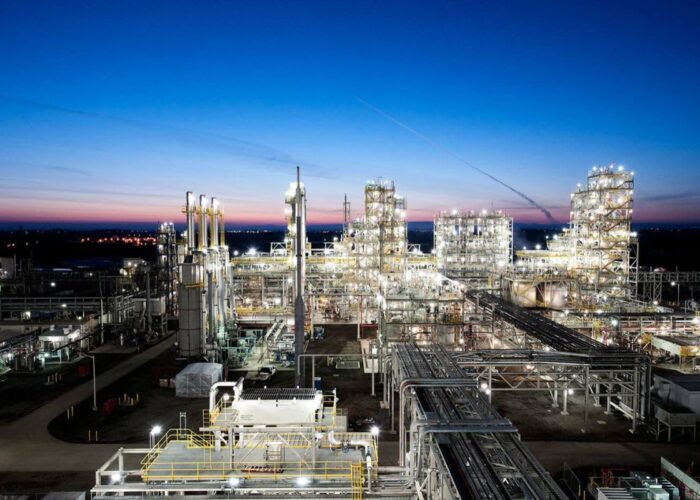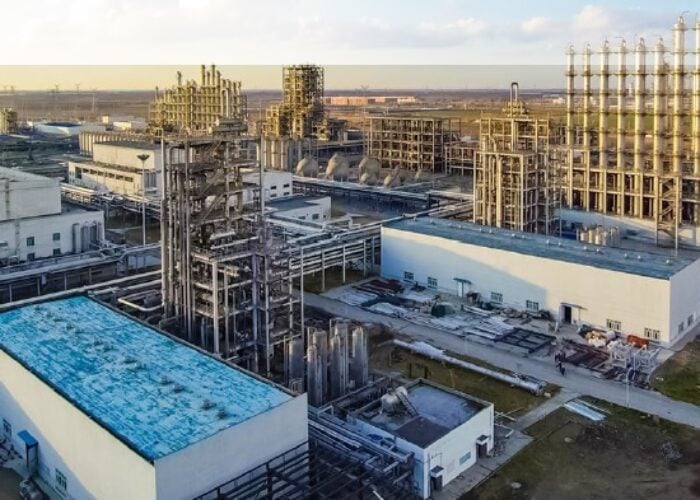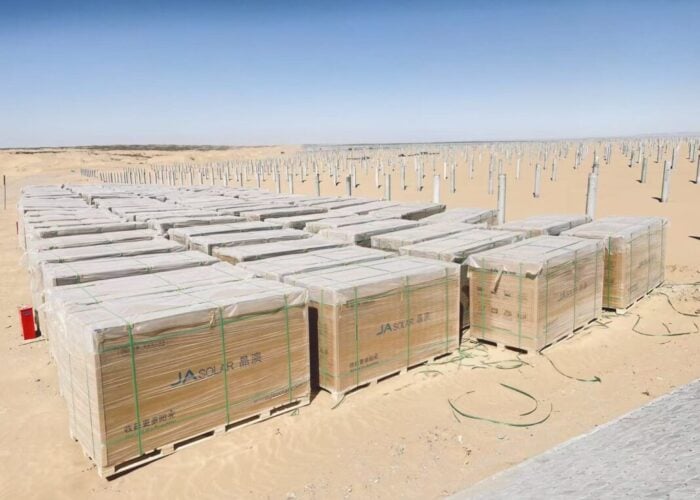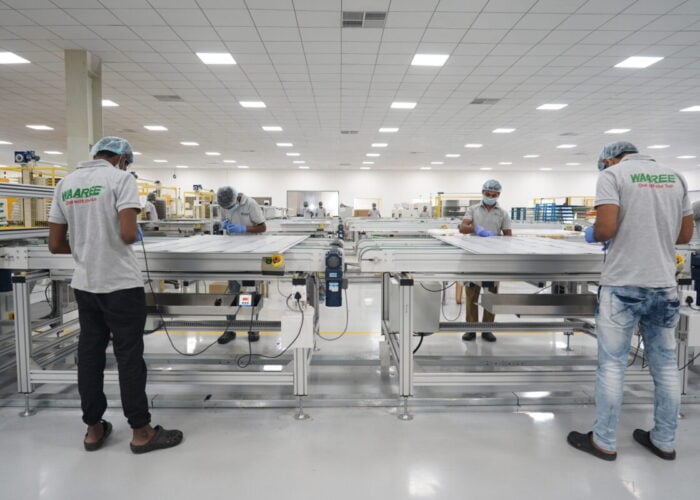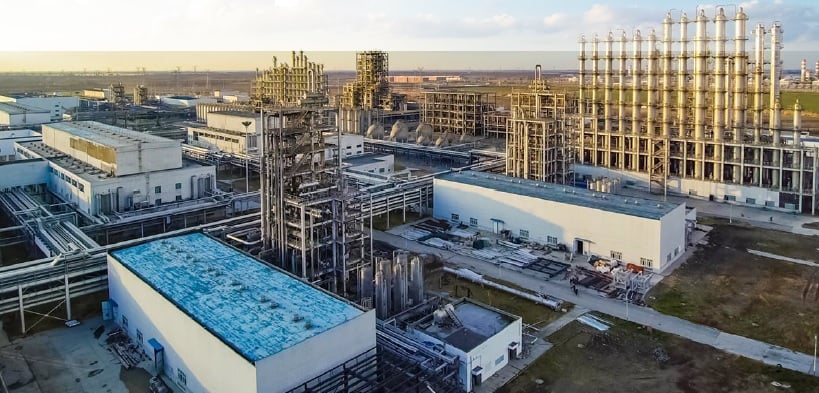
Major polysilicon producer Daqo New Energy has increased its expected polysilicon production capacity by 100,000MT in Inner Mongolia to reach a total production of 305,000MT by the end of 2023.
Within its newly announced Phase 5B of polysilicon expansion project in Inner Mongolia for next year, Daqo expects to increase the capacity with an estimated capital expenditure of RMB9.2 billion (US$1.31 billion) for Phase 5B.
Unlock unlimited access for 12 whole months of distinctive global analysis
Photovoltaics International is now included.
- Regular insight and analysis of the industry’s biggest developments
- In-depth interviews with the industry’s leading figures
- Unlimited digital access to the PV Tech Power journal catalogue
- Unlimited digital access to the Photovoltaics International journal catalogue
- Access to more than 1,000 technical papers
- Discounts on Solar Media’s portfolio of events, in-person and virtual
Currently under construction in Inner Mongolia is Phase 5A which would add a capacity of 100,000MT and is expected to be completed during Q2 2023.
Upon completion, the Inner Mongolia expansion phases 5A and 5B – each adding 100,000MT of polysilicon capacity – will contribute nearly two-thirds of the company’s polysilicon capacity, according to Longgen Zhang, CEO of Daqo New Energy.
The company’s existing polysilicon facility in Xinjiang has a nameplate capacity of 105,000MT and is expected to produce between 130,000-132,000MT of polysilicon in 2022.
The capacity expansion announcement comes after Daqo and its subsidiaries signed several supply deals in the past months to provide polysilicon through the coming years, with the largest being with LONGi for 251,280MT earlier this month, as well as a five-year polysilicon agreement with an undisclosed solar Chinese manufacturer and two supply agreements for a total of 194,600MT early in November.
Moreover, Daqo plans to build 300,000MT of metallurgical silicon capacity in two phases to enable the company to self-supply the raw materials in the coming years, according to Zhang.
“We believe that our Phase 5B project and the metallurgical silicon projects will further enhance our leadership with increased capacity, improved quality, lower cost, and better management of supply chains,” said Zhang.

